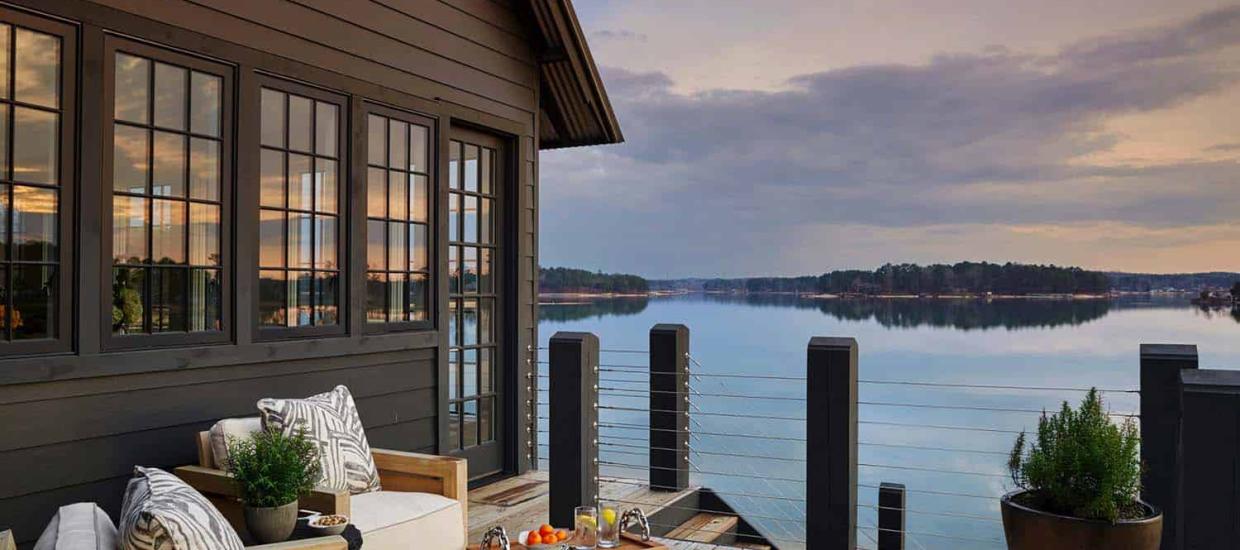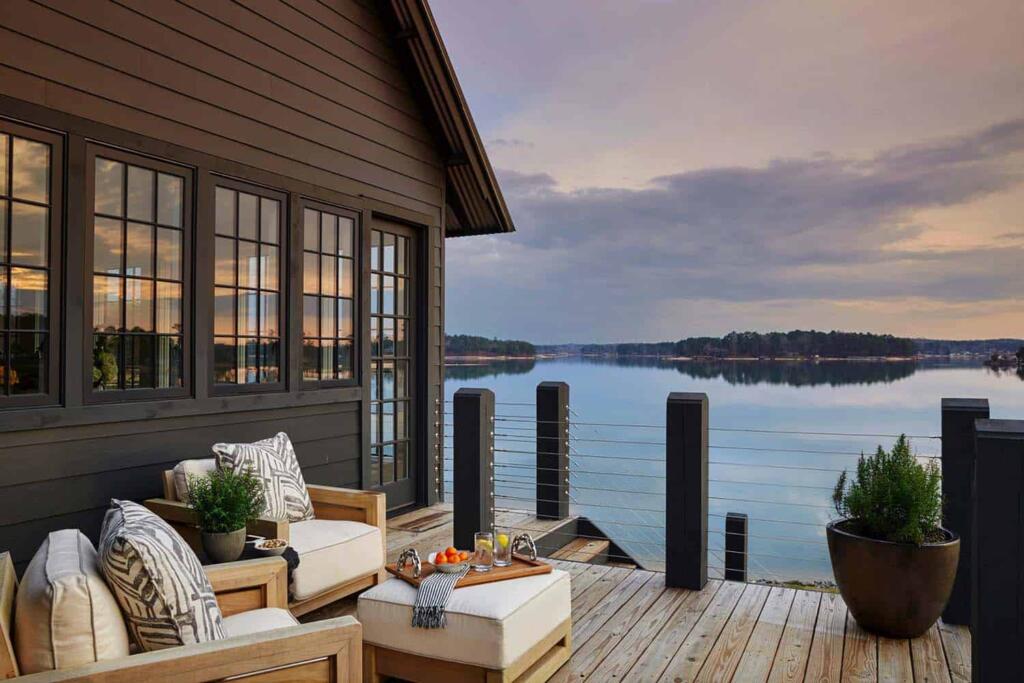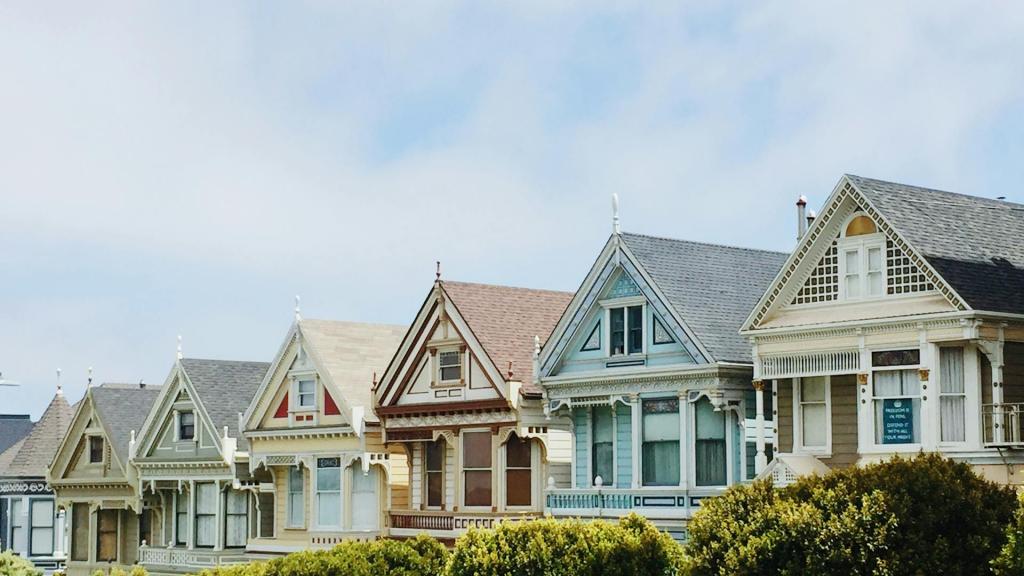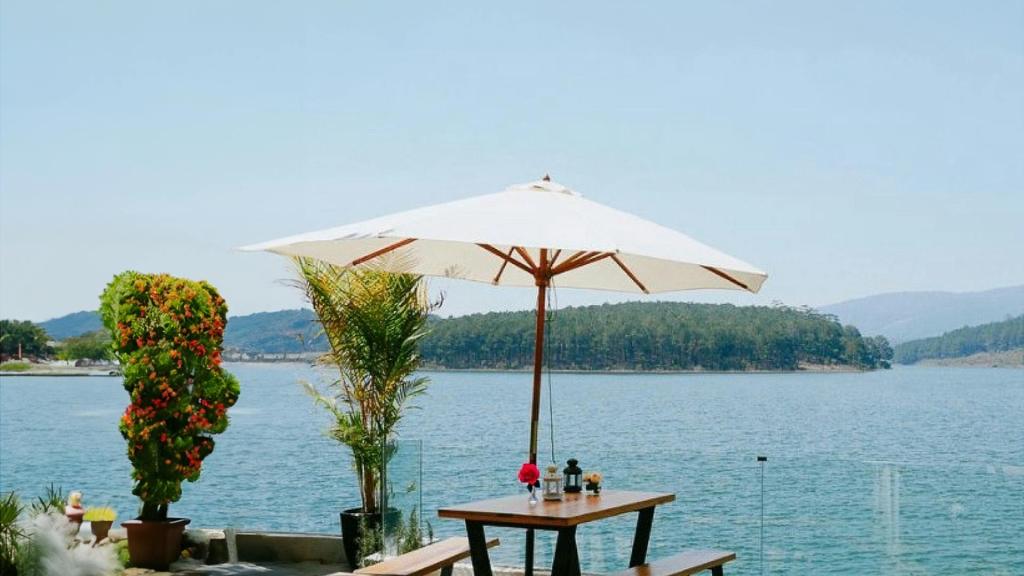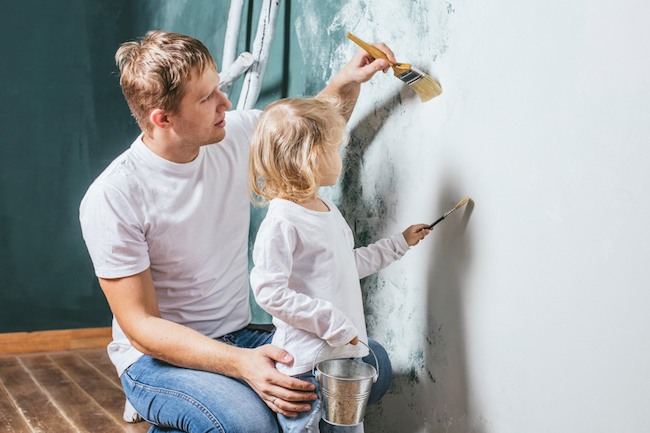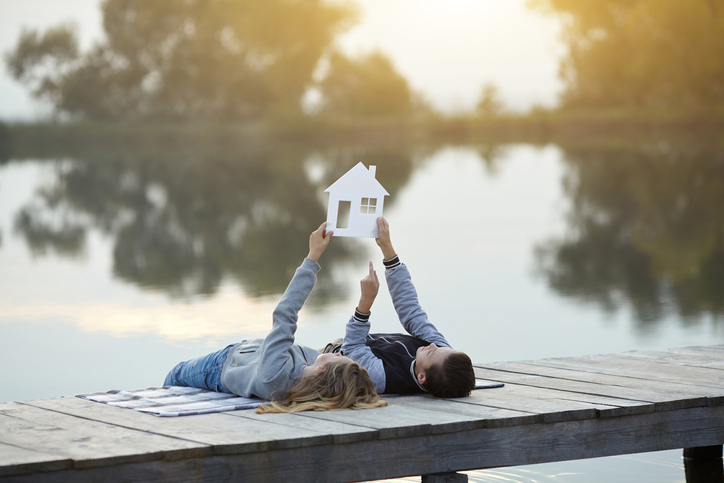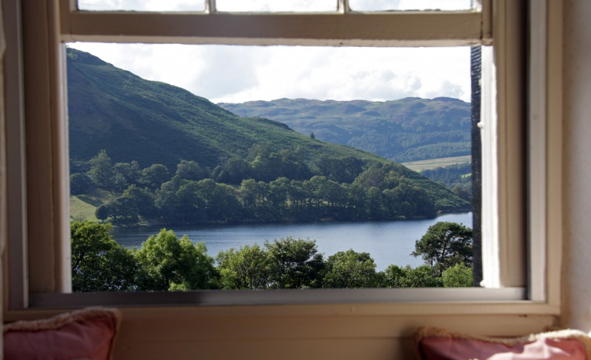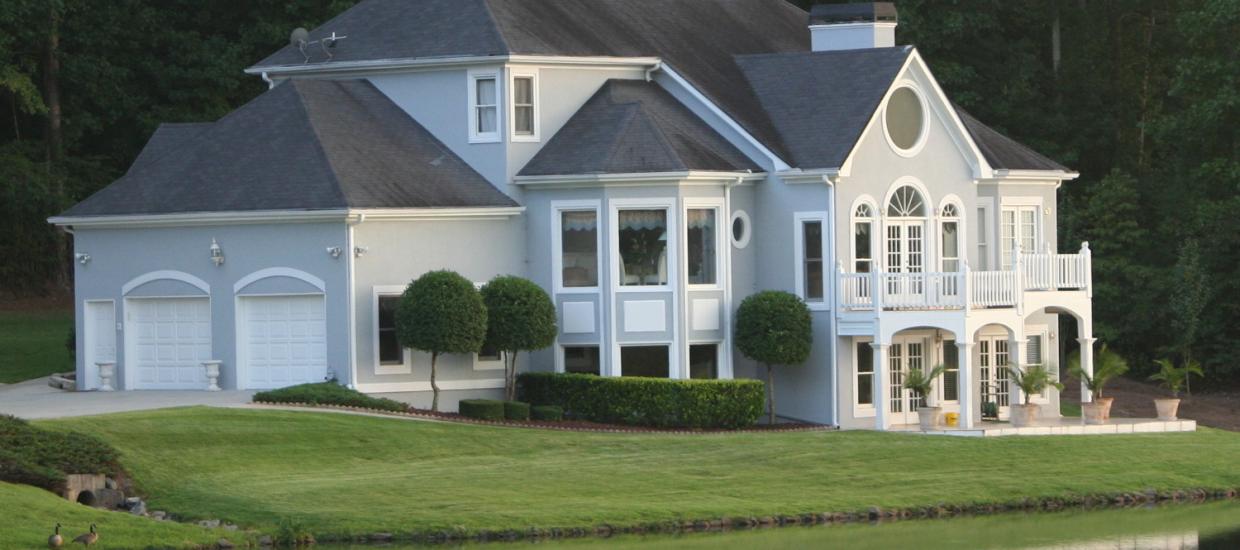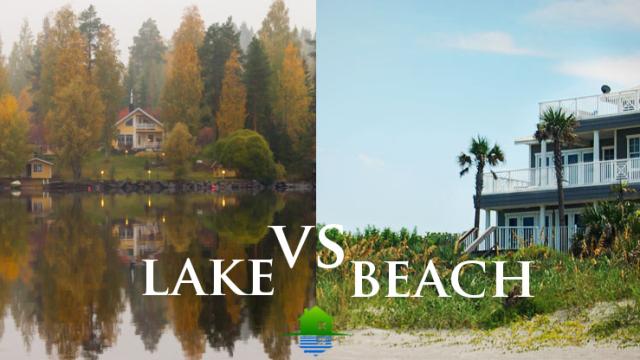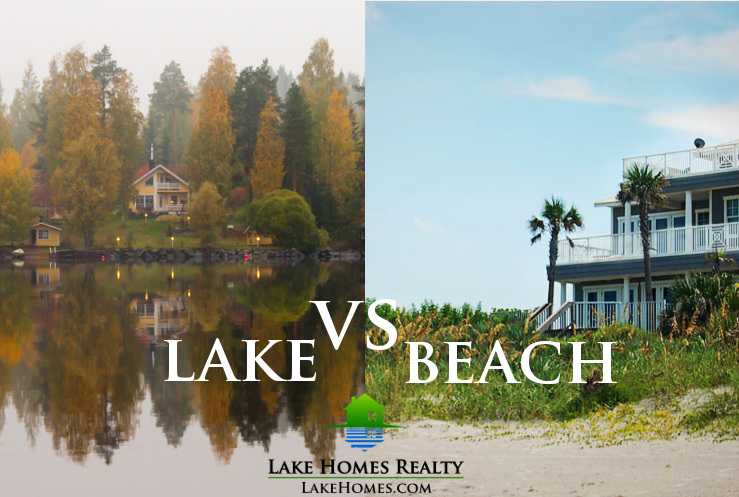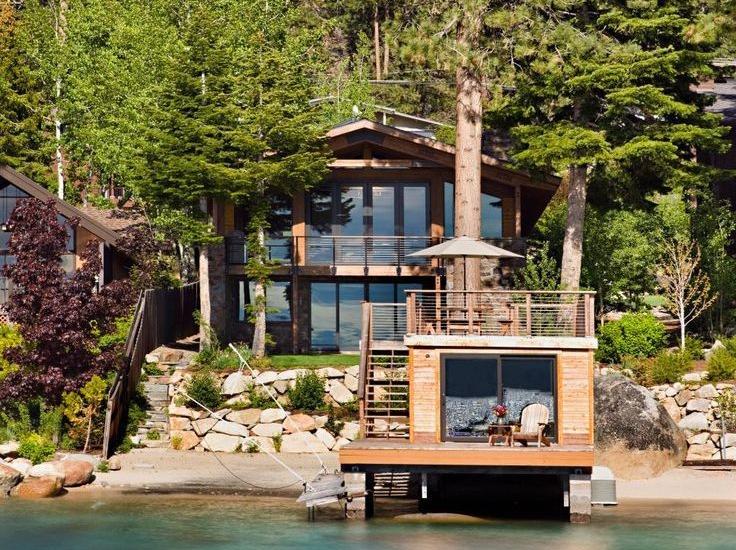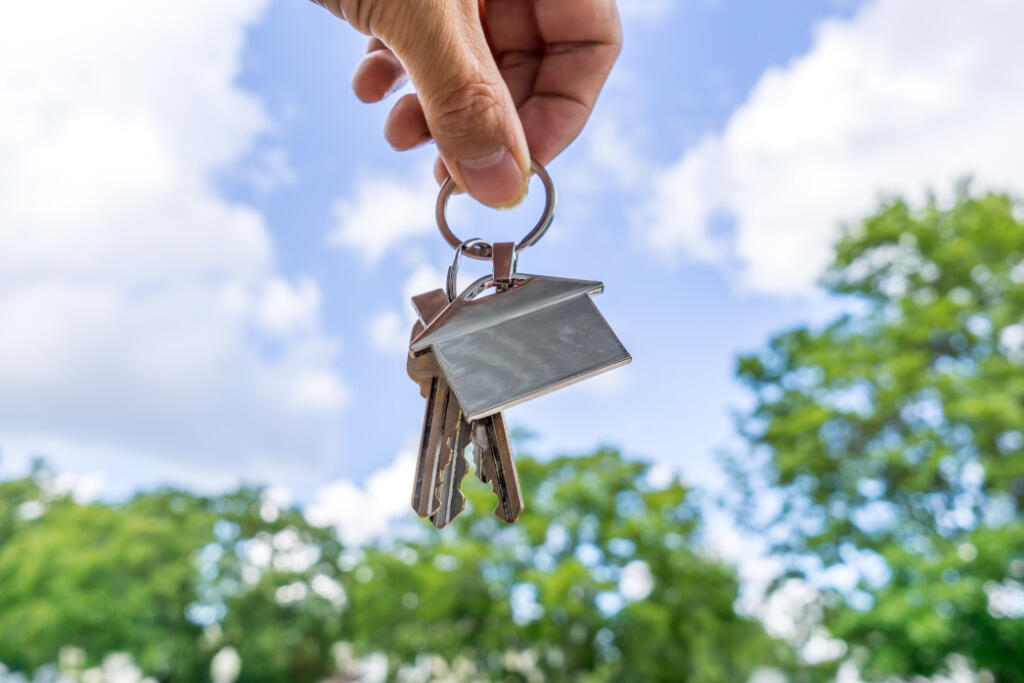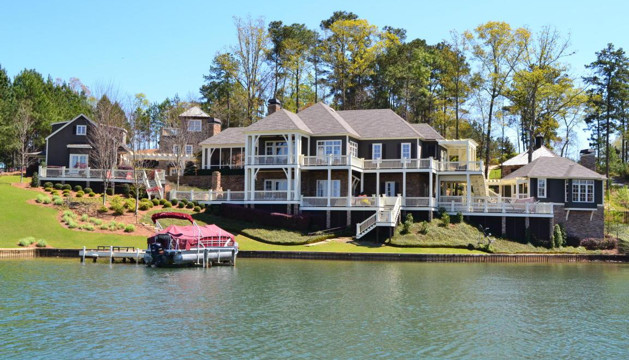There are lots of things that need to be taken into account when you are planning to buy or sell a property. One of those things is known as closing costs. It’s something that first-time buyers may not be aware is required. And seasoned buyers and sellers may not realize can vary greatly from state to state.
Closing costs come from a variety of fees and often overlooked expenses. So what are these closing costs?
There are lots of factors that need to be taken into account when it comes to closing costs. These can include inspections, loan fees, government recording charges, and title charges. These costs are generally covered by the buyer, although there are also instances in which the buyer can ask the seller to cover some part of the closing cost fees.
To help provide you with a clearer picture of closing costs, we will go into more detail.
Real Estate Closing Costs
Closing costs can change according to the area and the type of transaction performed. However, in general, the things that comprise closing costs are:
• The cost of conducting surveys
• Inspection services fee
• Appraisal services fee
• Title search fees
• Title insurance
• Closing service (including notary closing services)
• Courier and Funds transfer/wire fees
• Loan origination fees
• Assessments
• Payoffs of unresolved liens and taxes
• Mortgage and deed preparation costs
• Document Recording Fee (including electronic recordings, or “eRecordings”)
• Other
Buyer’s Fees
In general, the majority of the fees included in closing costs are part of the buyer’s deal. This is why buyers generally have to take responsibility for the payment of closing costs.
Closing costs vary according to the state, type of agency, and transaction. All buyers should acquire an estimate of the closing cost fees they are liable to pay to avoid surprises at the end of the deal. Lenders are required by law to give you this, also known as a GFE (good faith estimate).
Seller’s Fees
When it comes to sellers fees, they don’t have to worry about closing costs as much as the buyer. The only thing they will be required to do is take care of the loan payoff costs, agent’s commission, associated penalties, notary fees, homeowner association fees, and transfer taxes.
Payment Options
When it comes to closing costs, the majority of the fees fall upon the buyer. These are the ones who usually have to decide how to pay it. They can choose to pay it outright through wire transfer or with a cashier’s check. They can also choose to negotiate with the seller to cover some part of the costs in a sale. Also, some lenders offer loans with the closing costs rolled into the mortgage. This option will almost always cost the buyer more in the long run, as they will end up paying interest on these items.
Many buyers and sellers are confused about the closing costs and the types of fees included in them. If you face any confusion, you should never hesitate to ask your mortgage broker or your real estate agent to explain any fees to you.


